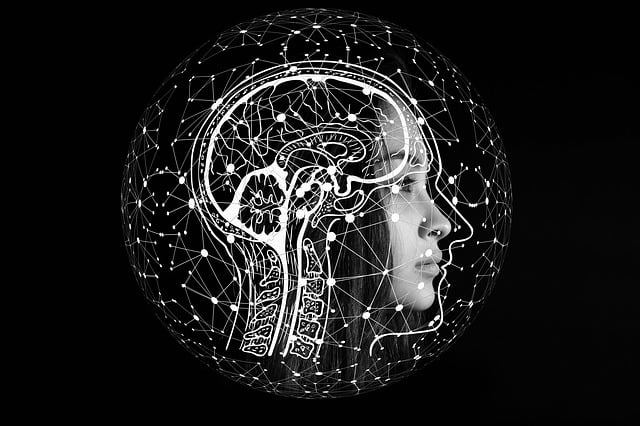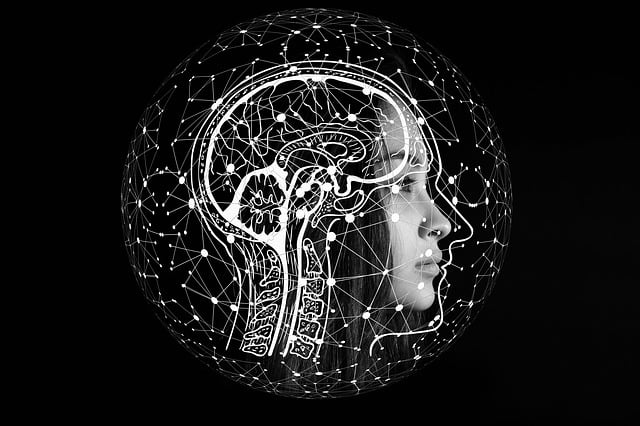-
Table of Contents
How AI is Revolutionizing the Travel Industry

Artificial intelligence travel is transforming the way we explore the world. From personalized recommendations to seamless booking experiences, AI is making travel more efficient, enjoyable, and accessible. If you’ve been struggling to keep up with these advancements, this guide will help you understand how AI is reshaping the travel landscape and how you can leverage it to enhance your journeys.
Table of Contents
- AI in Travel Planning
- Personalized Recommendations
- Smart Booking Systems
- AI in Transportation
- Enhanced Customer Service
- The Future of AI in Travel
AI in Travel Planning
Planning a trip can be overwhelming, but AI-powered tools are here to simplify the process. Platforms like Google Travel use machine learning to analyze your preferences and suggest destinations, accommodations, and activities. For instance, if you frequently visit beach destinations, AI might recommend tropical getaways tailored to your interests.
Moreover, AI can predict the best times to travel based on historical data and current trends. This helps you avoid peak seasons and save money. Tools like Hopper use predictive analytics to advise when to book flights for the lowest prices, ensuring you get the best deals.
Benefits of AI in Travel Planning
- Time-saving: AI automates research and provides instant suggestions.
- Cost-effective: Predictive analytics help you find the best deals.
- Personalized: Tailored recommendations based on your preferences.
Personalized Recommendations
One of the most exciting aspects of artificial intelligence travel is its ability to offer personalized recommendations. AI algorithms analyze your past behavior, such as previous bookings and search history, to suggest destinations, hotels, and activities that match your interests.
For example, Airbnb uses AI to recommend properties based on your preferences and past stays. Similarly, platforms like TripAdvisor use machine learning to suggest restaurants and attractions that align with your tastes.
How AI Personalizes Your Travel Experience
- Behavioral analysis: AI studies your past actions to predict future preferences.
- Real-time updates: Recommendations adjust based on current trends and availability.
- Enhanced satisfaction: Personalized suggestions lead to more enjoyable trips.
Smart Booking Systems
AI-powered booking systems are revolutionizing the way we reserve flights, hotels, and activities. These systems use natural language processing (NLP) to understand your queries and provide accurate results. For instance, chatbots like Booking.com’s AI assistant can handle complex requests, such as finding a pet-friendly hotel with a pool.
Additionally, AI can streamline the booking process by automating repetitive tasks. This reduces the time spent on reservations and minimizes errors. Smart booking systems also offer real-time updates, ensuring you stay informed about any changes to your itinerary.
Advantages of Smart Booking Systems
- Efficiency: AI handles complex queries and automates tasks.
- Accuracy: NLP ensures precise results based on your requests.
- Convenience: Real-time updates keep you informed.
AI in Transportation
Transportation is another area where AI is making significant strides. Ride-sharing apps like Uber and Lyft use AI to optimize routes, reduce wait times, and improve safety. AI algorithms analyze traffic patterns and predict demand, ensuring drivers are available when and where they’re needed most.
Moreover, AI is enhancing public transportation systems. Cities like Singapore use AI to manage traffic flow and reduce congestion. Autonomous vehicles, powered by AI, are also becoming more common, offering a glimpse into the future of transportation.
How AI Improves Transportation
- Optimized routes: AI reduces travel time and fuel consumption.
- Enhanced safety: Predictive analytics minimize risks.
- Efficient systems: AI manages traffic and reduces congestion.
Enhanced Customer Service
AI is transforming customer service in the travel industry. Chatbots and virtual assistants provide instant support, answering questions and resolving issues without human intervention. For example, airlines like Delta use AI-powered chatbots to assist passengers with booking changes and flight information.
Furthermore, AI can analyze customer feedback to identify areas for improvement. This helps travel companies enhance their services and provide a better experience for their customers.
Benefits of AI in Customer Service
- 24/7 support: Chatbots provide instant assistance anytime.
- Improved efficiency: AI handles multiple queries simultaneously.
- Enhanced satisfaction: Quick resolutions lead to happier customers.
The Future of AI in Travel
The future of artificial intelligence travel is incredibly promising. As AI technology continues to evolve, we can expect even more innovative solutions. For instance, augmented reality (AR) and virtual reality (VR) could offer immersive travel experiences, allowing you to explore destinations before booking.
Additionally, AI could play a crucial role in sustainable travel. By analyzing data on carbon emissions and resource usage, AI can help travelers make eco-friendly choices. This aligns with the growing demand for responsible tourism.
What to Expect in the Future
- Immersive experiences: AR and VR will enhance travel planning.
- Sustainable



Leave a Reply